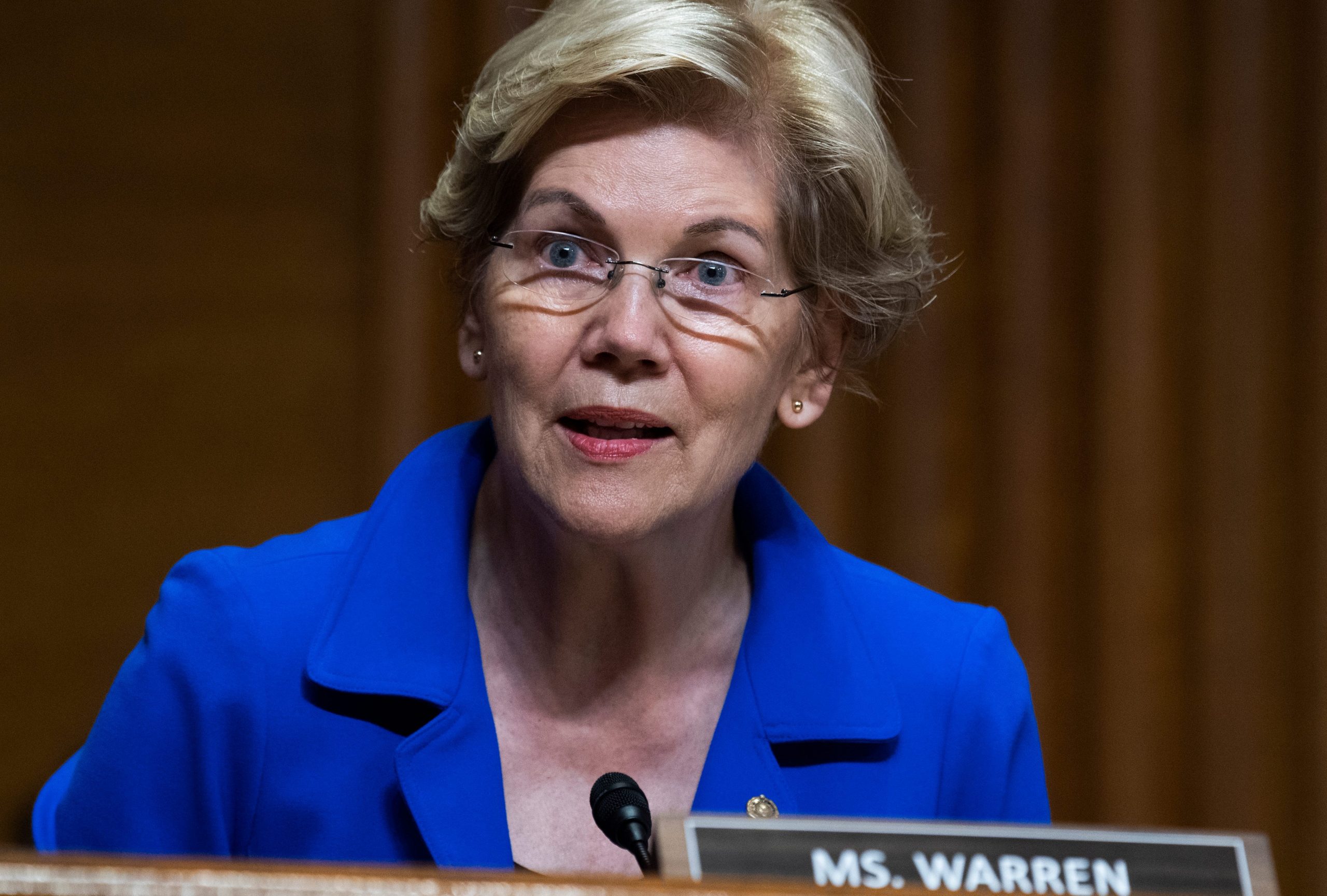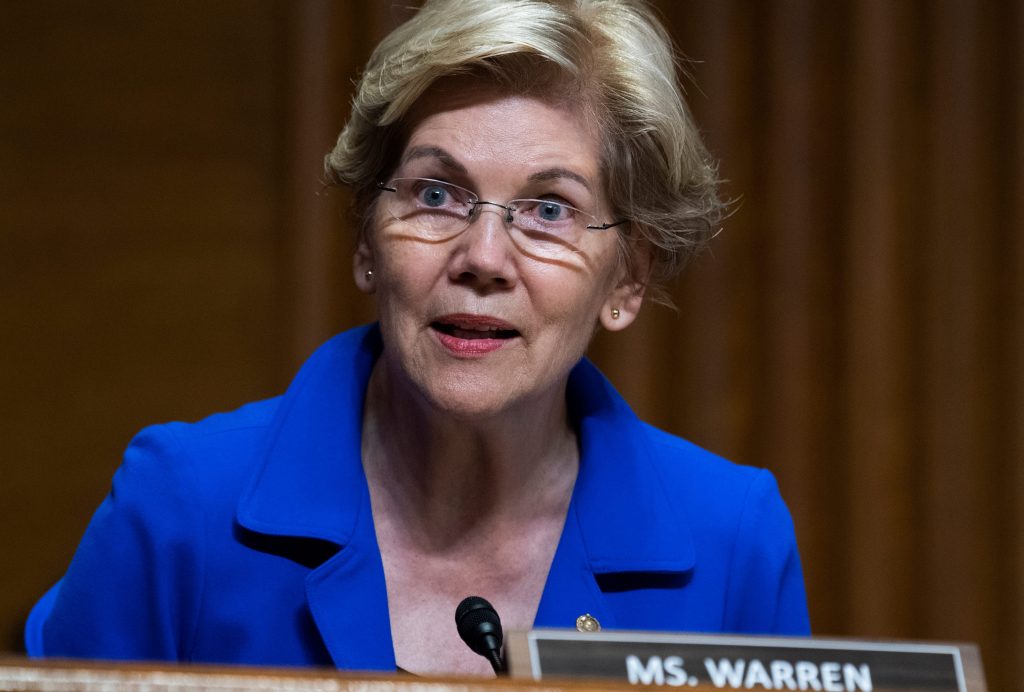
Tom Williams Pool: Getty Images
- Some members of Congress are mulling new tax reforms for the super wealthy, NYT reports.
- A ProPublica report showed how some of richest Americans had legally slashed their income tax bills.
- A GOP senator who oversaw a 2017 corporation tax cut criticized the reported tax avoidance.
- See more stories on Insider's business page.
A ProPublica investigation into the tax records of the richest people in the US, which showed that some avoided paying federal income tax even as their wealth grew, has renewed debate in Congress about tax reform, The New York Times reports.
The nonprofit news site ProPublica published a report on Tuesday showing how much the 25 richest Americans – including Jeff Bezos, Elon Musk, Warren Buffett, Bill Gates, and Mark Zuckerberg – paid in tax. The report highlighted how two key tax loopholes benefit billionaires.
Some billionaires had slashed their tax bill via deductions made possible by tax cuts passed during the Trump administration, the ProPublica report said.
Republican Sen. Patrick J. Toomey, of Pennsylvania, told The New York Times that a 2017 corporation tax cut that he helped author was not intended to let the super-rich avoid paying taxes.
"My intention as the author of the 2017 tax reform was not that multibillionaires ought to pay no taxes," Toomey told the NYT. "I believe dividends and capital gains should be taxed at a lower rate, but certainly not zero."
Read more: ProPublica's billionaire tax data shows the importance of closing 2 key tax loopholes. Here's how.
ProPublica reported that Musk's wealth grew by $14 billion from 2014 to 2018, but that he only paid $455 million in taxes. Bezos did not pay any income taxes for at least two years between 2006 and 2018, the report said.
Buffett paid minimal tax by holding Berkshire Hathaway stock and not paying a dividend, according to ProPublica's report. The investor defended himself in a statement to the news outlet, saying his shareholders didn't want a dividend and that he gave nearly all of his money to good causes.
A Republican-led Congress cut the corporation tax rate from 35% to 21% in 2017 under former President Donald Trump, benefiting company shareholders. The 2017 Tax Cuts and Jobs Act also reduced the tax rate for the top income bracket from 39.6% to 37%.
Democratic Sen. Ron Wyden, chairman of the Senate finance committee, said he was considering new reforms following the report, but did not share details.
Democratic Sen. Elizabeth Warren has pushed for a wealth tax - a 2% tax on a person's net worth between $50 million and $1 billion. In March, Warren introduced an Ultra-Millionaire Tax Act with Rep. Pramila Jayapal of Washington and Rep. Brendan Boyle of Pennsylvania.
"Raising multibillionaires' income taxes isn't enough when these guys don't grow their fortunes from income," Warren tweeted Wednesday. "We need a Wealth Tax in American to help fix a tax system that's rigged for the rich and powerful."
